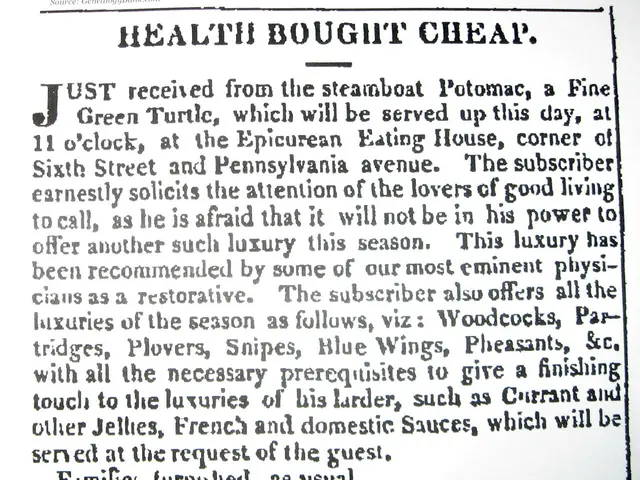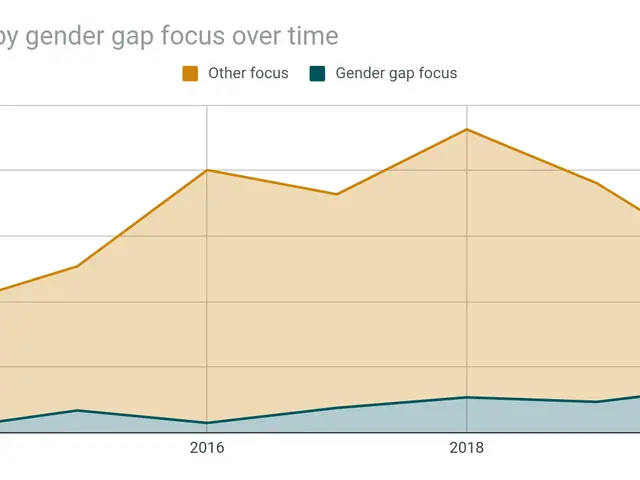"Unable to discern a viable course of action"
In a move aimed at promoting durability and repairability of goods, the Canadian government has introduced new guarantee rules effective from January 2025. These rules, part of Bill 29 adopted in October 2023, require retailers and manufacturers to provide consumers with detailed information about the availability of parts, maintenance, and repair for a wide range of products.
The objective is to allow consumers to repair their appliances, such as computers, vacuum cleaners, heat pumps, electric toothbrushes, and more. Any product that requires the replacement, cleaning, or update of one of its components is affected by these enhancements.
Retailers must provide this information to consumers in writing, either in-store or online. If they do not have all the information or only have part of it, they are required to inform the client before checkout. Failure to comply with these new rules could result in a daily administrative penalty of up to $3,500 per day, in addition to criminal fines of up to $175,000 per offense.
The Canadian Retail Council (CRC) and the Canadian Federation of Independent Business (CFIB) have expressed concerns about these new rules, with the CRC stating that they may "create a problem instead of solving it." The CRC believes that the requirement for detailed information on millions of items, from simple items like a lighter or a pair of scissors, could be impractical.
On the other hand, the new rules also extend to pharmaceutical companies, which will be required to keep a six-month stock of discounted medicines to prevent short-term supply shortages and ensure demand-based supply. Hospitals and pharmacies must increase their stocks of parenteral medicines, antibiotics, and cancer drugs if shortages are expected, and wholesalers must hold four weeks' stock of children's medicines.
Price rules for children's medicines will be relaxed, allowing price increases up to 50%, and measures will increase supplier diversity and focus on antibiotic production within the EU/EEA.
It's important to note that the regulation does not apply to goods whose use does not require replacement, cleaning, or updating of one of its components, such as a nail clipper. Retailers also have the choice to assume no, partial, or full responsibility for the guarantee of goods, but must inform the consumer of this fact. This information must be clearly displayed on the retailer's website for online purchases.
However, some retailers, like Dominique Bélanger, owner of Quincaillerie C. Bélanger, are not yet aware of what awaits them from October 5th. As the date approaches, it's crucial for retailers and manufacturers to familiarise themselves with these new rules to ensure compliance and avoid penalties.








